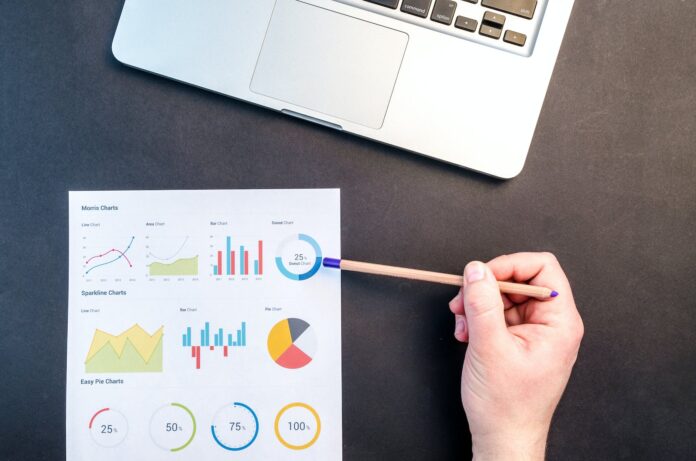In the realm of scientific research, understanding the relationship between variables is crucial. Independent variables play a fundamental role in experimental design and hypothesis testing. In this article, iLovePhD will delve into the concept of independent variables, explore their significance, and provide relevant examples to facilitate a clear understanding.
- What are Independent Variables?
- The Significance of Independent Variables
- Examples of Independent Variables
- Conclusion
Learn what independent variables are and why they are important in scientific research. Discover real-life examples that illustrate their role in experimental design and hypothesis testing. Gain a clear understanding of how manipulating independent variables can lead to meaningful conclusions.
Demystifying Independent Variables: Meaning, Importance, and Examples
What are Independent Variables?
The independent variable is a key component in scientific experiments. It refers to the factor or condition that researchers manipulate or change to observe its effect on the dependent variable. In other words, the independent variable is the cause, while the dependent variable is the effect being measured.
For example, in a study investigating the impact of sleep duration on cognitive performance, the independent variable would be the sleep duration. Researchers would manipulate the independent variable by assigning different groups of participants to various sleep durations, such as six, eight, or ten hours.
The Significance of Independent Variables Understanding independent variables is essential for several reasons:
A. Control and Causality: By manipulating the independent variable, researchers can exercise control over the experiment and establish a cause-and-effect relationship between variables. This control helps eliminate confounding factors and ensures that any observed effects can be attributed to the independent variable.
B. Replicability: Independent variables are crucial for replicating experiments. When researchers manipulate the same independent variable in multiple experiments, they can examine whether the effects remain consistent. This process strengthens the validity and reliability of scientific findings.
C. Generalization: Independent variables aid in making generalizations about a broader population. By manipulating the independent variable, researchers can study how certain conditions or factors affect a range of individuals or objects, enabling broader insights into various phenomena.
Examples of Independent Variables Let’s explore a few examples of independent variables across different fields:
A. Biology: In a study investigating the effect of fertilizer on plant growth, the independent variable would be the amount of fertilizer applied. Researchers would manipulate this variable by exposing different groups of plants to varying levels of fertilizer concentration.
B. Psychology: To explore the impact of music on mood, researchers may manipulate the independent variable by exposing participants to different genres of music (classical, rock, jazz) and measuring their mood changes using a standardized mood scale.
C. Physics: In an experiment studying the relationship between distance and time for an object in free fall, the independent variable would be the distance. Researchers would manipulate this variable by dropping the object from different heights and measuring the corresponding time it takes to fall.
Independent variables serve as a crucial component of experimental design, allowing researchers to investigate cause-and-effect relationships between variables. By manipulating the independent variable and observing its effects on the dependent variable, researchers can draw meaningful conclusions.
Understanding the role and significance of independent variables is vital for conducting rigorous scientific research and obtaining reliable results.
Also Read: Types of Research Variable in Research with Example


